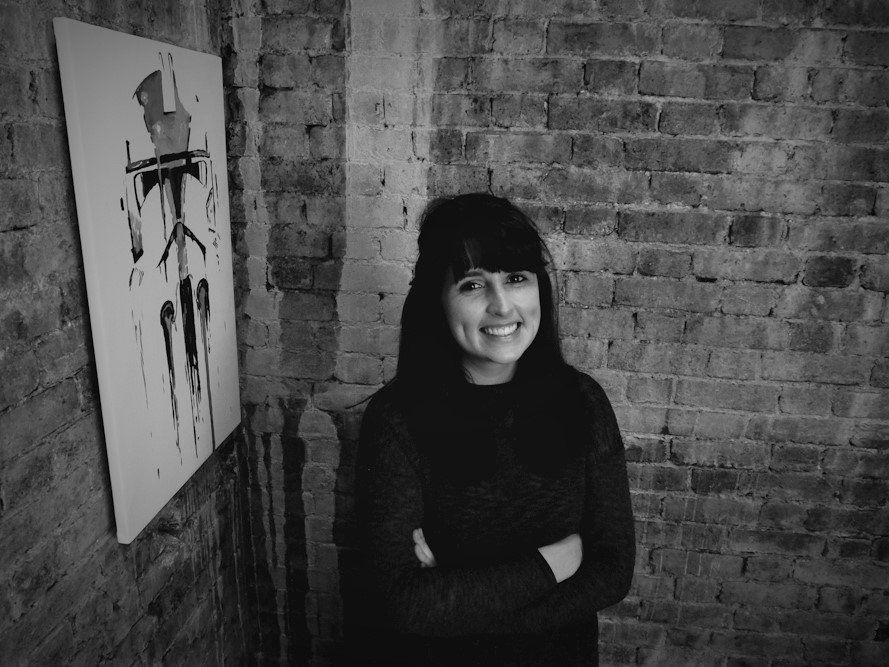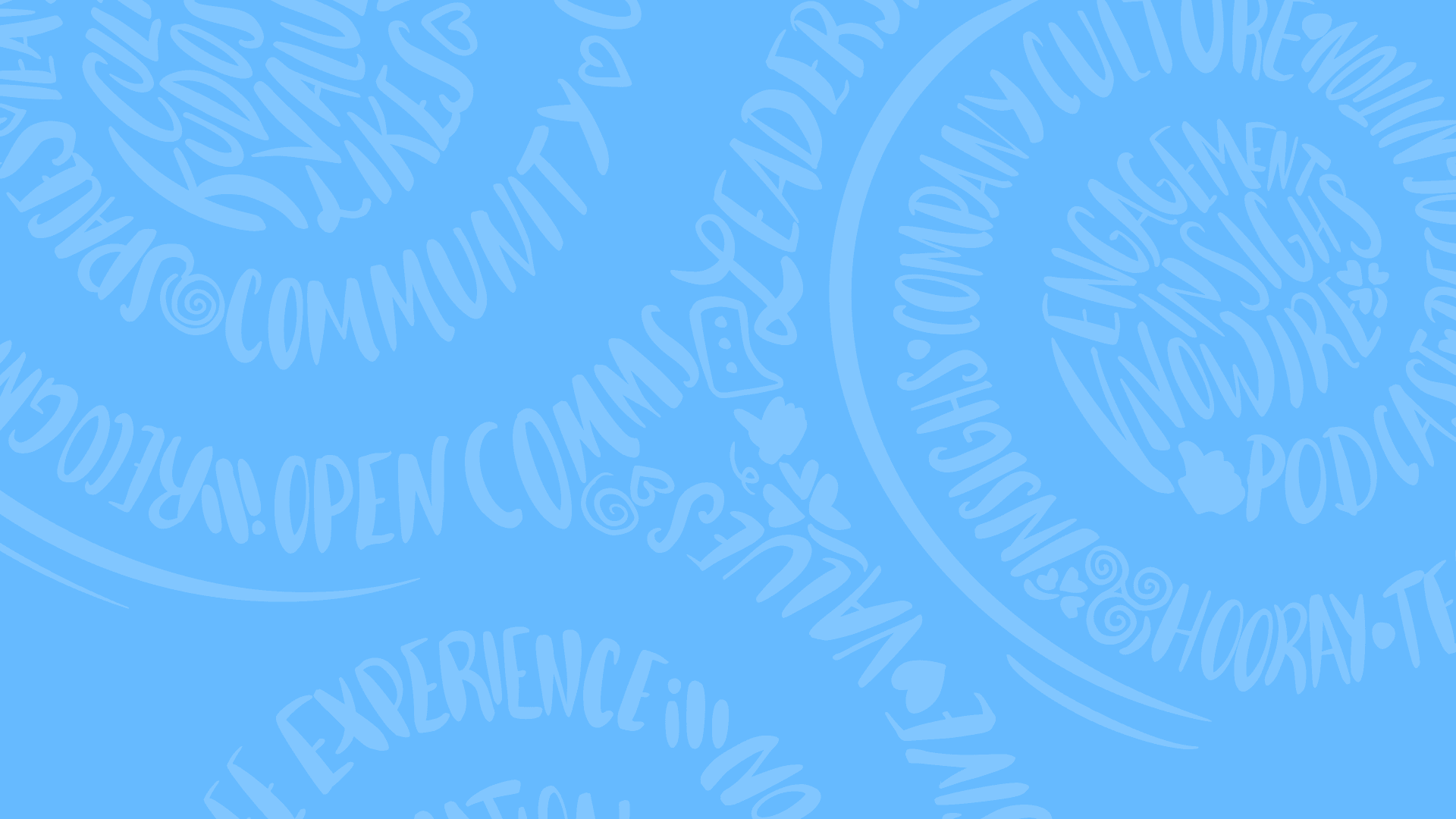Meet the frontline workers behind some of America’s most people-first cultures
vivowire22 – Future of Work Specialists On Whether Engaged Workers Need an Office

Chase Warrington
Head of Remote @ Doist

Darcy Marie Boles
Future of Work Strategist & Ex-TaxJar

Tracy Keogh
Managing Director @ Grow Remote
Watch now

Speakers:

Chase Warrington
Head of Remote @ Doist

Darcy Marie Boles
Future of Work Strategist & Ex-TaxJar

Tracy Keogh
Managing Director @ Grow Remote
We hosted our flagship global future of work event, vivowire22, on March 9th — two years after the biggest shift in our workplace in living memory.
The event, which saw 2000+ forward-thinking executives across HR and internal communications come together, featured global experts from industry and academia including Stanford University, Slack, and Sifted to reflect on what’s working at work – and what’s not.
The last two years have presented immense challenges for organizations and these have only been exacerbated as we begin to return to the office. Since the pandemic, employees are leaving the workforce or switching jobs in their droves, with a recent survey by Workvivo revealing that 60% plan to leave their jobs in 2022.
The future of work is the number-one challenge facing leaders today and we kicked off the day with an engaging panel discussion on the topic ‘Engaged workers don’t need an office’. The talk was hosted by Tracy Keogh, Managing Director of Grow Remote. Tracy was joined by two remote working trailblazers in Chase Warrington, Head of Remote at Doist, and Darcy Marie Boles, ex-TaxJar (a Stripe company) and a future of work strategist.
During the discussion, Darcy Marie Boles underlined the importance of defining how you work as a key step in designing a successful remote-first company.
“You don’t just hire a bunch of people and hope they can work together. Defining how you work is key to designing a successful remote company.”
Chase Warrington spoke about how being present doesn’t necessarily equate to performance.
“Being in the office gets you bonus points, in a traditional office setting. Mindset shift for most managers, sitting at a desk doesn’t necessarily mean performing. People are coming out of that phase, that was our bias in the beginning. Not seeing people doesn’t mean they aren’t working.”